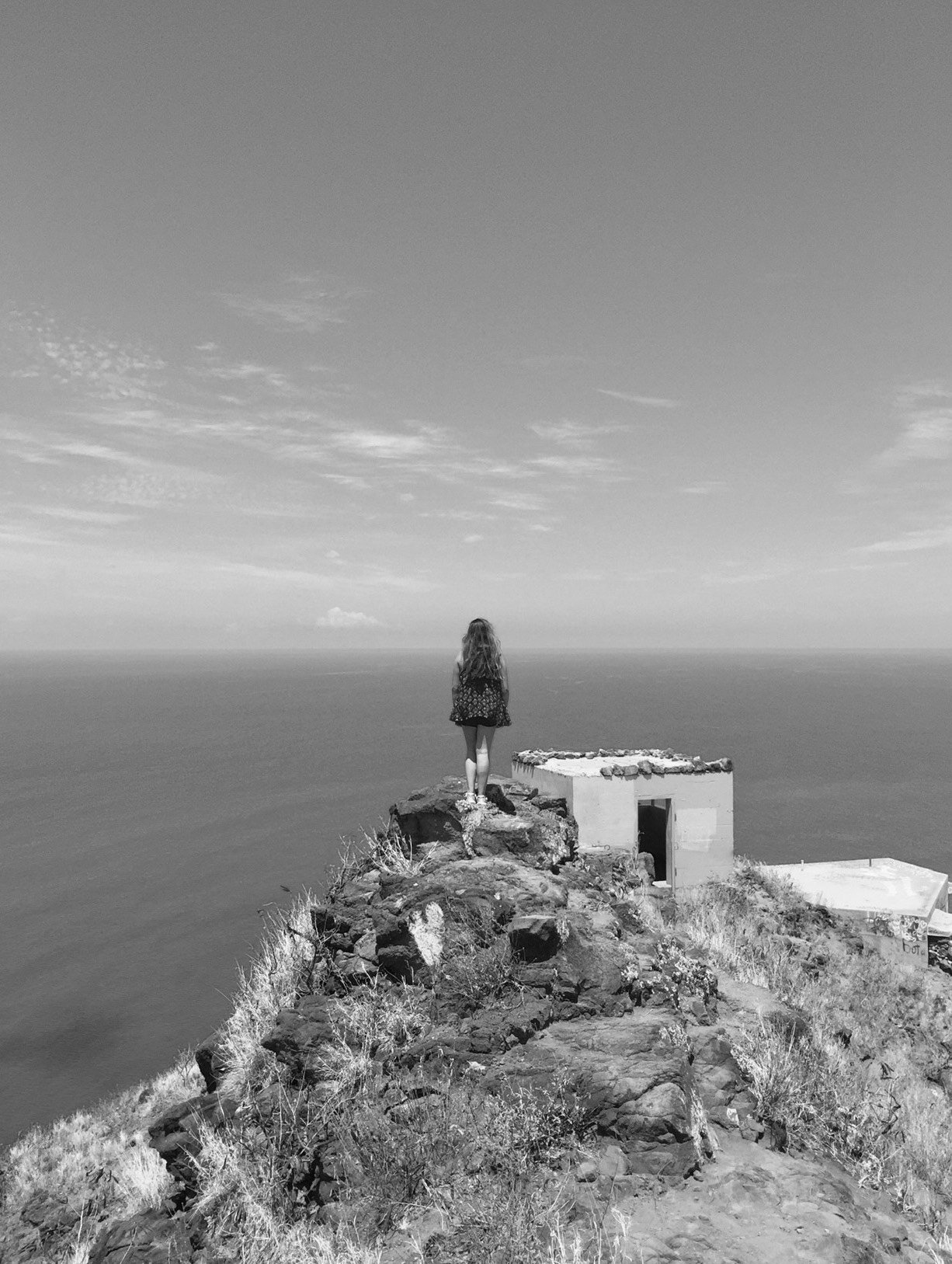Discovering the Photographer Henri Cartier-Bresson
Henri Cartier-Bresson (French: 22 August 1908 – 3 August 2004) was a French humanist photographer considered a master of candid photography, and an early user of 35 mm film. He pioneered the genre of street photography, and viewed photography as capturing a decisive moment.
Cartier-Bresson's work spanned photographic genres for the entirety of his long career. He is regarded as a pioneer of candid and street photography but he is also well-known for having produced some of the most compelling photographic portraits of notables ranging from Jean-Paul Sartre and Leonard Bernstein to Marilyn Monroe and Malcolm X. An early user of 35mm film, Cartier-Bresson preferred never to use the darkroom to adjust his photographs, a choice that enhanced the spontaneity of his images and emphasized what he called "the decisive moment." No single photographer is more closely linked to the development of modern photojournalism than is Cartier-Bresson, whose itinerant nature brought him to some of the most momentous events and sites in modern history - from the liberation of Paris from Nazi occupation to the assassination of Mahatma Ghandi.
ASSIGNMENT: Using your cell phone camera capture a moment of movement that would be considered a decisive moment. Paste the image or images into your sketchbook and produce a drawing of each photograph.
Two student photo samples of the assignment.






